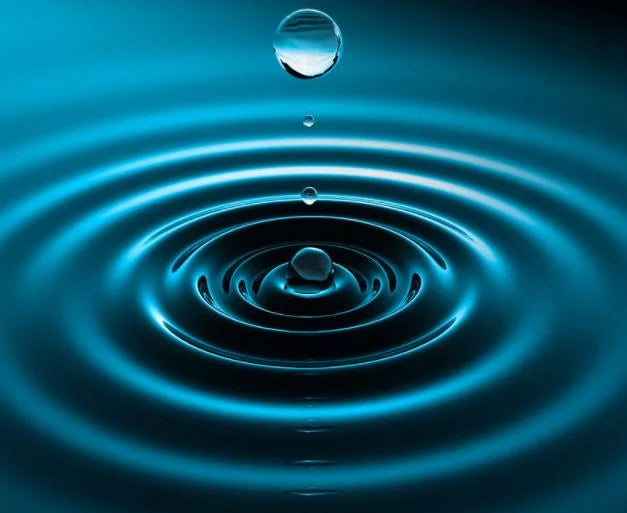Have you ever wondered what's the best water to use with Baby Brezza appliances? You may also be wondering whether or not distilled water is best for preparing infant formula. Well, did you know that not all water is created equal? This blog will help you understand the differences between tap, bottled, and distilled water and which one is best for you and your baby!
Choosing Water for Baby Formula: What Are The Different Types of Water?
When it comes to the best water for baby formula, there are several types of water so let's start from the ground up.
Tap Water
When wondering what water to use for formula, it’s good to go over the most common household option first. You probably know what this is but may not know all of the steps it goes through to exit your home faucet. Tap water is mother's nature water - usually collected in lakes, reservoirs, or even from a well on your property. If your tap comes from a municipal source, then it's been treated at a water treatment plant with chemicals like chlorine and filtered to remove bacteria, dust, and other nasty things. This municipal water also likely has fluoride in it to help prevent tooth decay. Does this make it the best water for baby formula?
This process doesn't remove all contaminants from your water. In fact, the EPA has set legal limits for over 90 contaminants in the water, including heavy metals like lead and microbes like E. coli. Also, some municipal water has greater exposure to other toxins like industrial pollutants or bacteria from agricultural runoff. And the pipes that transport your water to your home could introduce lead, which occurred several years ago in Flint, MI. Additionally, tap water usually contains fluoride. The CDC says if your child is only consuming infant formula mixed with fluoridated water, there may be an increased chance for mild dental fluorosis.1
Your well water, on the other hand, comes straight into your home unfiltered unless your home has a filter designed to remove sediments and/or other chemicals that may be present in the groundwater. It is crucial to test your water before using it for formula preparation. Even if you boil the water, it will not remove nitrates, which can cause serious health problems for your baby.
Bottled Water
Maybe you’re considering using a bottled option in choosing water for baby formula. As the name implies, bottled water is water that is packaged and sold. It goes by many names like Mineral Water or Spring Water and is usually from either a natural source like a stream or well or is actually filtered tap water. Though all bottled water meets FDA requirements to make it suitable as drinking water (unlike tap water which meets EPA requirements), the final quality of bottled water depends on the water source and the filtration process used. Bottle water also has a shelf life and can go bad after a long period of time and it may pose a health risk due to plastic leaching into the water.
Distilled Water
Many parents choose distilled water for their babies for many reasons. Distilled water is considered the "purest" and "cleanest" form of water because all impurities, chemicals, bacteria, and minerals are removed from the water via a process called distillation. Distillation is a multi-step process where the water is boiled, then condensed back into a liquid form, followed by a series of filtration steps to ensure it's clean and pure. Does that mean distilled water for babies is the best option out there?
Distilled or Purified Water for Baby Formula?
So, should you be using distilled water for baby formula every time? For many adults, the chemicals in non-distilled water are harmless. However, since babies have comparably weak immune systems, the chemicals that are present in tap or bottled water could put them at risk. Therefore, not only can babies drink distilled water, but it is the ideal choice. This is even more important for babies born prematurely or with a weakened immune system.
Why We Recommend Distilled Water For Baby Brezza Appliances
Besides using distilled water for mixing formula, it is also the best way to maintain your appliances. Since tap and bottled water contain minerals, when this water is heated in the appliance, it leaves behind a mineral scale -- a thin discoloration on the heating plate caused by mineral deposits. If you’ve ever seen grey, tan, or green discoloration on your showerhead or faucet, this is an example of mineral scale. Even if your water doesn’t have enough minerals to cause harm, these mineral scales can build up and damage the heating surface– aside from looking displeasing. With that in mind, remember that distilled water for baby is a healthy choice and can help all of your appliances last longer!
Sources:
1. https://www.cdc.gov/fluoridation/faqs/infant-formula.html

